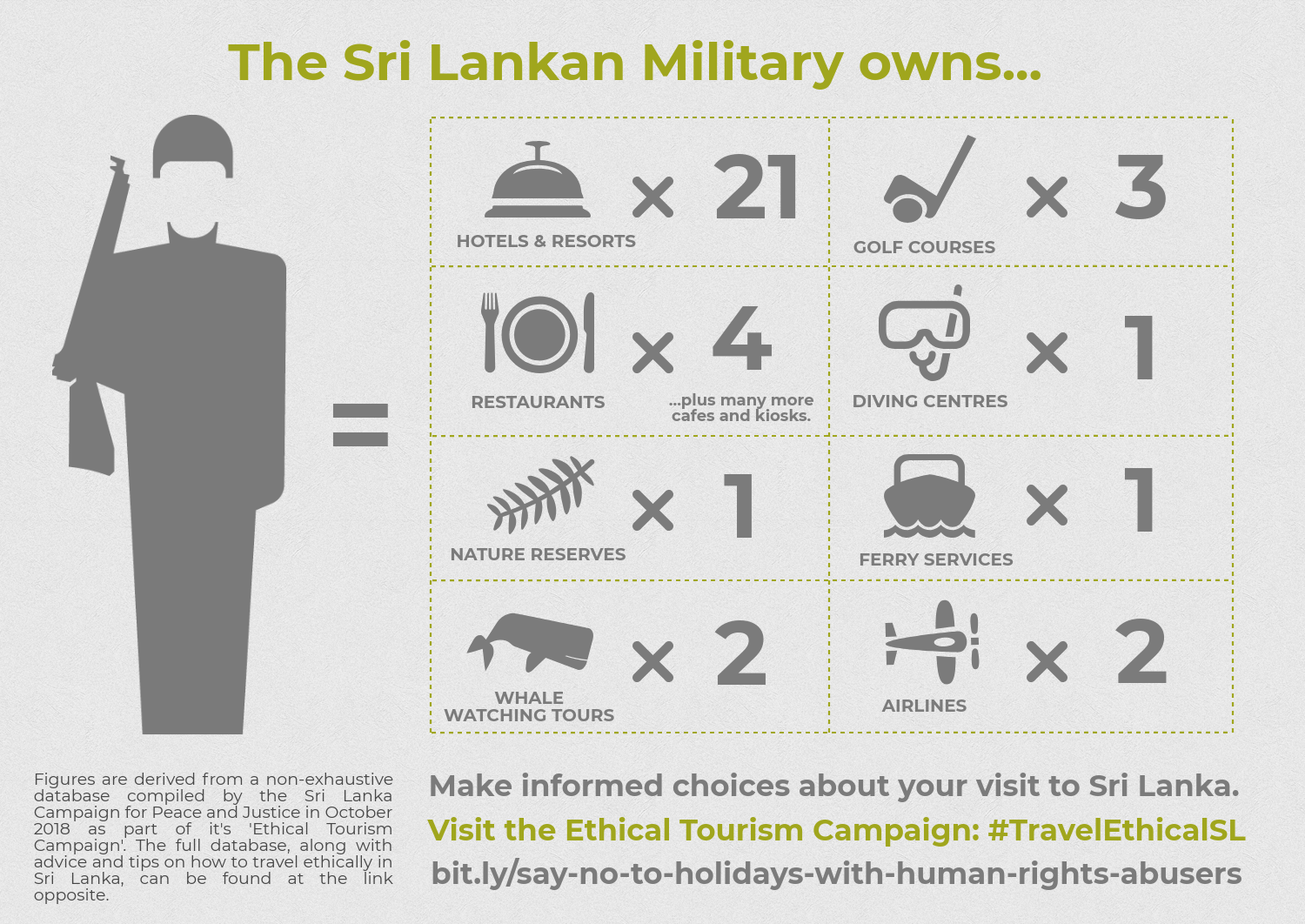A Brief Colonial History Of Ceylon(SriLanka)
Sri Lanka: One Island Two Nations
A Brief Colonial History Of Ceylon(SriLanka)
Sri Lanka: One Island Two Nations
(Full Story)
Search This Blog
Back to 500BC.
==========================
Thiranjala Weerasinghe sj.- One Island Two Nations
?????????????????????????????????????????????????Saturday, March 5, 2022
Sri Lanka closer to default as tourism and tea exports drop
![]()
Tourists at Mattala International Airport 2020
02 March 2022
The risk of default has increased in Sri Lanka as tourist numbers and tea exports are negatively impacted by the conflict in Ukraine.
In recent years Sri Lanka has invested heavily in promoting holidays to citizens from Ukraine and Russia. Last year tourists from Ukraine were amongst the first to visit the island following the government's reopening of borders. Almost a quarter of all tourist arrivals in Sri Lanka this year were from Russia and Ukraine, Bloomberg reports. As the conflict in the Ukraine escalates following Russia's invasion, it is expected that tourists, which provide a vital source of foreign currency to the country, will drop. Last week Ukrainian tourists in Sri Lanka staged a protest outside the Russian embassy in Colombo
The strict economic sanctions on Russia will damage the exports of tea from Sri Lanka. Russia was the third-biggest buyer of tea from Sri Lanka over the past two years and rose to second place in January. In total it is estimated that tourism and tea earned Sri Lanka more than USD $260 million this year, Bloomberg reports. This figure is due to be severely impacted following the escalation of conflict in Ukraine. Sri Lanka which faces a forex crisis is due to make debt repayments of USD $5.7 billion in 2022, it's foreign reserves dropped to USD $2.36 billion in January. The January foreign reserves only provide 1.4 months worth of import cover. However, critics have pointed out that the actual number to be at USD $800 million of useable reserves, roughly 3 weeks worth of imports. The USD $2.36 billion includes the Chinese swap of 10 billion yuan, which equals roughly USD $1.5 billion. The holding of yuan although bolstering the nation's reserves is not being used to finance vital imports or settle debt repayments as the country spirals into a deepening economic crisis. As the island nation battles with rising inflation, essential good items have reached record highs restricting vulnerable households access to food.
M. Shanthikumar, president of the Hotel Association of Sri Lanka, commenting on tourist cancellations from the region told Bloomberg,
"After the pandemic, Central Europe has been a major source of arrivals, especially from Ukraine and Russia...Obviously that will now not happen because of the conflict,”.
Dinesh Fernando, chief operating officer of Ceylon Tea brokers Plc in Colombo spoke to Bloomberg on export issues of tea to Russia and Ukraine.
"Buyers from Russia have warned of affordability issues because of the steep depreciation of the ruble...A few Ukrainian buyers have also told exporters to hold shipments until further notice".
Cabinet spokesman Ramesh Pathirana said last week that the escalating conflict have already "badly affected the Sri Lankan economy" and local oil prices may need to go up in time.
Sri Lanka’s Militarised Tourist industry
In 2018 Sri Lanka's Campaign for Peace and Justice launched an ethical tourism campaign highlighting the ongoing concerns regarding militarisation of the Tamil homeland and the support the tourist industry provides to human rights abusers and war criminals.
Richard Gowing, Director of the Sri Lanka Campaign for Peace and Justice said.
The prospect of travelling to places like Syria and Myanmar ten years from now, and staying at hotels owned or run by individuals currently involved in appalling human rights violation, is one that would be unthinkable to most people….Yet sadly, that is precisely what is happening in Sri Lanka, where today the military are involved in running dozens of hotels and restaurants – not to mention golf courses, whale-watching tours and ferry services.”
Read more here : ‘Don’t holiday with war criminals’ – SL Campaign re-launches ethical tourism campaign
The campaign noted that in Sri Lanka today “the armed forces and other human rights abusers are deeply embedded in the tourism industry and poised to benefit from your spending”
“Despite the end of the fighting, serious human rights violations – including extra-judicial killings, torture, sexual violence, abductions , arbitrary detention and land-grabbing have persisted” it added.

![]()
Read more at Bloomberg
